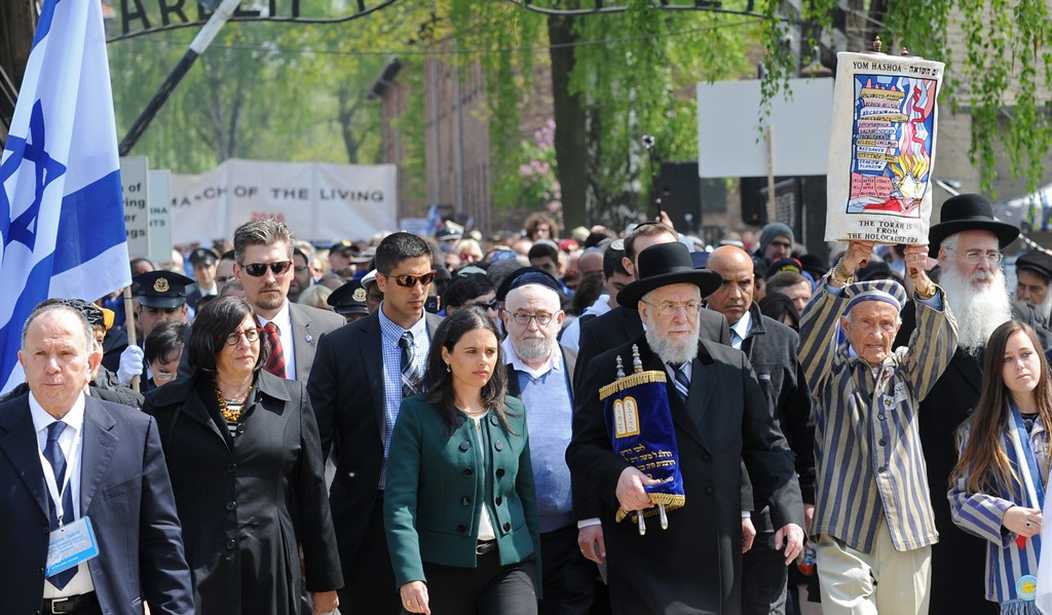On the eve of what is expected to be the most contentious confirmation hearing for any Trump appointee beneath the cabinet level, ambassador to Israel-designate David Friedman finds himself not only targeted by the political left – an obvious situation for any appointee of this administration – but also in the exceptionally rare position of being a Jewish designee vilified by hundreds of Jewish clergymen and women.
The Media Line has learned that one month ago, the would-be-ambassador met with a contingent of some twenty members of the New York Board of Rabbis led by Executive Vice President Rabbi Joseph Potasnik, in an effort to clear the air. Several rabbis who attended the session were of one mind concerning the gravity of Friedman’s controversial statements and admonished that such assertions, despite his promises and protestations, would not be easily expunged. Nevertheless, the rabbis agreed they would support whomever is approved by the Senate.
The angst beyond the political divide is not without reason. Friedman’s road to the US Embassy in Tel Aviv wound through his attorney-client relationship with the new president for more than fifteen years during which time the seasoned litigator was able to withdraw statements found inappropriate to a court of law. But absent commensurate experience in diplomacy, Friedman learned during the course of the campaign that inflammatory and hurtful statements could not be as easily erased in the court of public opinion.
Already labeled a firebrand and radical by the left because of his refusal to embrace the consensus two-state solution for ending the Israeli-Palestinian conflict, Friedman infuriated Democrats by calling Barack Obama a “blatant anti-Semite” and incensing more than a few Republicans as well when he crossed a line sacrosanct among Jews, invoking a Holocaust-era image declaring members of the left-wing lobbying group J Street to be “worse than kapos,” Jews who cooperated with the Nazi regime in order to survive. This, when already vilified for his history of personal support for the settlement movement and right-wing causes.
Recommended
Unlike other Trump appointees who were merely the subject of negative newspaper editorials and critical talking heads on cable television, Friedman quickly became the target of a well-organized and highly-focused Internet campaign by J Street that included a petition asking Senators to reject the nomination.
Friedman, meanwhile, launched a campaign of his own apparently aimed at introducing the actual man to those being influenced by what was fast becoming a conventional wisdom of its own.
Yet, all shared the belief that Friedman must be allowed the opportunity to be heard before passing judgement on his fitness for the position. In fact, according to former Board of Rabbis President Rabbi David-Seth Kirshner of the Conservative Temple Emanu-el in Closter, New Jersey. “It’s un-Jewish to not afford him a hearing [but] this does not mean I wasn’t profoundly troubled about the statement [about Kapos]. Confirmation is contingent on the hearing. He needs to be heard. He needs to have a fair hearing.”
According to Potasnik, Friedman did, indeed, apologize for his use of the inflammatory words and sought to explain the context in which they were made. But while none of the participants were able to assess whether the effort was enough, it was evident that Friedman successfully convinced his audience that he is a serious player who understands that he would, as he told the group, “be the ambassador for all segments of society,” and not just those who share his conservative thought.
Rabbi Ammiel Hirsch, spiritual leader of the influential Stephen Wise Free Synagogue, a Reform congregation, seemingly sought to separate the political differences between the liberal community and Friedman, from the matter of his troubling statements. To be forgiven for the latter, he stressed, would take time and consistency. Regarding the policy issue, he noted that “the role of the ambassador is not to make policy but to explain the policy of the administration set by the President and his foreign affairs team.” On that score, Hirsch told The Media Line of his concern that, “His stated positions are at odds with fifty-years of American policy [that] happens to be the positions of a sizeable majority of American Jews.”
The rabbis agreed that the second issue – the kapo comment – was more problematic and, according to Hirsch, demands “a compelling, comprehensive and consistent response which is not a one-off statement. If he is ultimately confirmed and becomes the ambassador, this is an area he will have to address over and over again and cannot simply be a one-off statement.”
Rabbi Elie Weinstock of Manhattan’s iconic Kehilath Jeshurun Synagogue (Orthodox) agreed that Friedman deserves to say his piece and answer questions “including why he called J Street ‘kapos.’” Weinstock told The Media Line that he “left the meeting with a positive feeling that David Friedman…knows how to deal with the different segments of the community. There can be healthy disagreement. I can see him doing a good job as American ambassador to Israel.”
Despite the issues, the Board of Rabbis group left unambiguous the fact that, as Rabbi Hirsch said, “Of course I will support the ambassador who receives the confirmation of the Senate and the confidence of the American president.”
While the outcome will only be known at the conclusion of the process that begins on Thursday, Rabbi Potasnik summed up the feeling echoed by others. While being clear that he was not issuing an endorsement of Friedman, he did assess that the nominee “understands the complexity of the Jewish community…I think he should be heard.”

























Join the conversation as a VIP Member